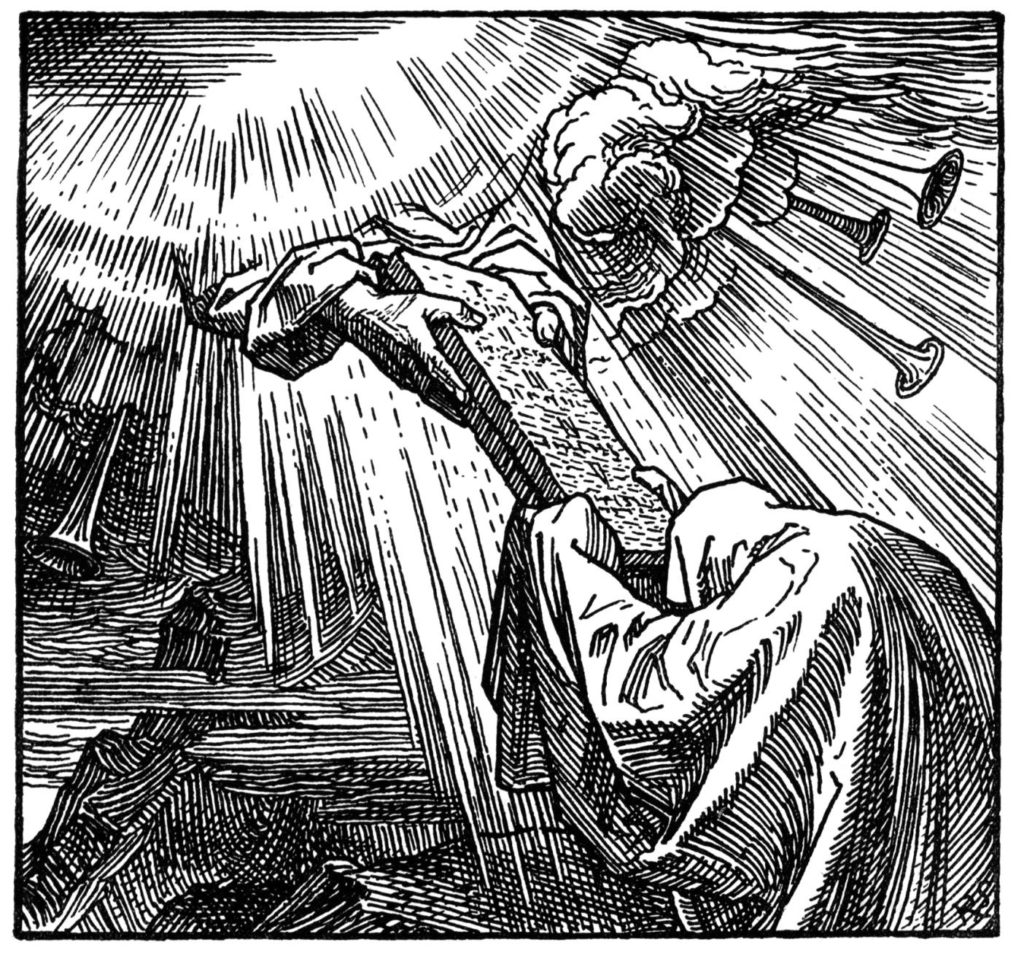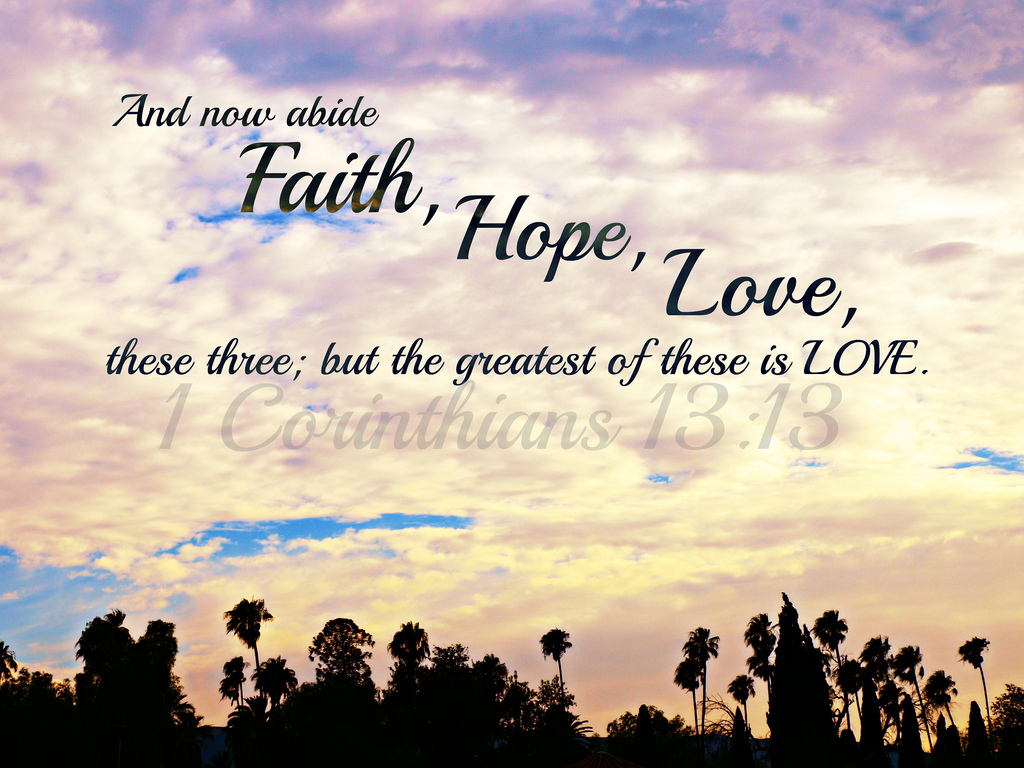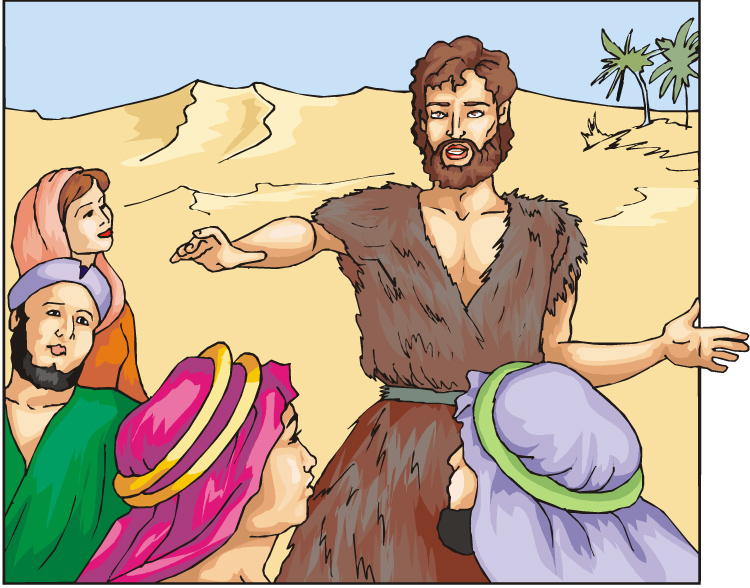And the second is like, namely this, Thou shalt love thy neighbour as thyself. There is none other commandment greater than these. (Mark 12:31)
Greater love hath no man than this, that a man lay down his life for his friends. (John 15:13)
Then shall he answer them, saying, Verily I say unto you, Inasmuch as ye did it not to one of the least of these, ye did it not to me. (Matt 25:31)
Please read again Matthew 25:31–46, which describes Yeshua’s judgment of the sheep and goats where he concludes,
Then shall he answer them, saying, Verily I say unto you, Inasmuch as ye did it not to one of the least of these, ye did it not to me. (Matt 25:31)
Like a lot of you, I have been following updates on the Lahaina Maui, Hawaii fire story and its aftermath—especially the human element. There are many unanswered questions as to how this horrific fire started, why or why not certain things happened that could have saved lives and so on. But to me, these are not the most important questions to ask. Rather, how are the people doing and what would I do were I in a similar situation?
The bottom line is that the lives of everyday people like you and me were turned upside down in a few hours. Such could happen to anyone of us in an instant. Each of us is a breath or heartbeat away from are lives being completely changed forever, if not ended. How do people in such a situation respond? What do you do? Where do you go? How do you put your life back together again? How do you cope? These are questions that go through my mind, and probably yours too if you’re a thinking and feeling person. We are living in the crazy days of the end times, so who knows what may be around the corner coming at us like a freight train! Thus it behooves us to live each day as if it were our last. With this in mind, what would Yeshua have us to do? What would he do? What did he do?
A few years ago, Sandi and I were privileged to spend a week in Ka’anapali next to Lahaina in Maui. We walked the beaches, swam in the ocean, strolled along Front Street enjoying the culture, marveled at North America’s largest banyan tree, sampled the food, purchased some precious mementos from the shops that are now ashes. I even left an important piece of my self in Maui. While body surfing in the ocean, I lost my wedding ring—it slipped off my hand as my finger brushed against some coral. Not wanting to be ringless, we bought an inexpensive koa wood metal ring from a jewelry shop on Front Street.
All that aside, and back to the human element, last night I came across this video of Warner, a native and indigenous Hawaiian telling his story of rescuing people during the fire. I have no idea if he is a Bible believing Christian or not, but this is one of the most engaging and poignant stories of godly love and sacrifice that I have ever heard. I can only hope that I would be half the man that he was were I in a similar situation!
I started watching this video and could not stop. It has challenged me deeply.
For a long time, it has been my conviction that when times get tough for the people of YHVH Elohim and we are fighting for our survival against the spirit of antichrist, the saints will come together in powerful unity and boldness and will rise to the occasion as Warner did. This will be our moment to shine the bright light of Yeshua’s love, joy, peace and hope in the lives of those around us.
In the mean time, may YHVH grant us the help and desire to begin taking baby steps to act in this manner here and now! This is the spirit of aloha and ohana that is deeply embedded in the Hawaiian culture. (Please look up the definitions of these words.) We can learn much from this cultural concept.








